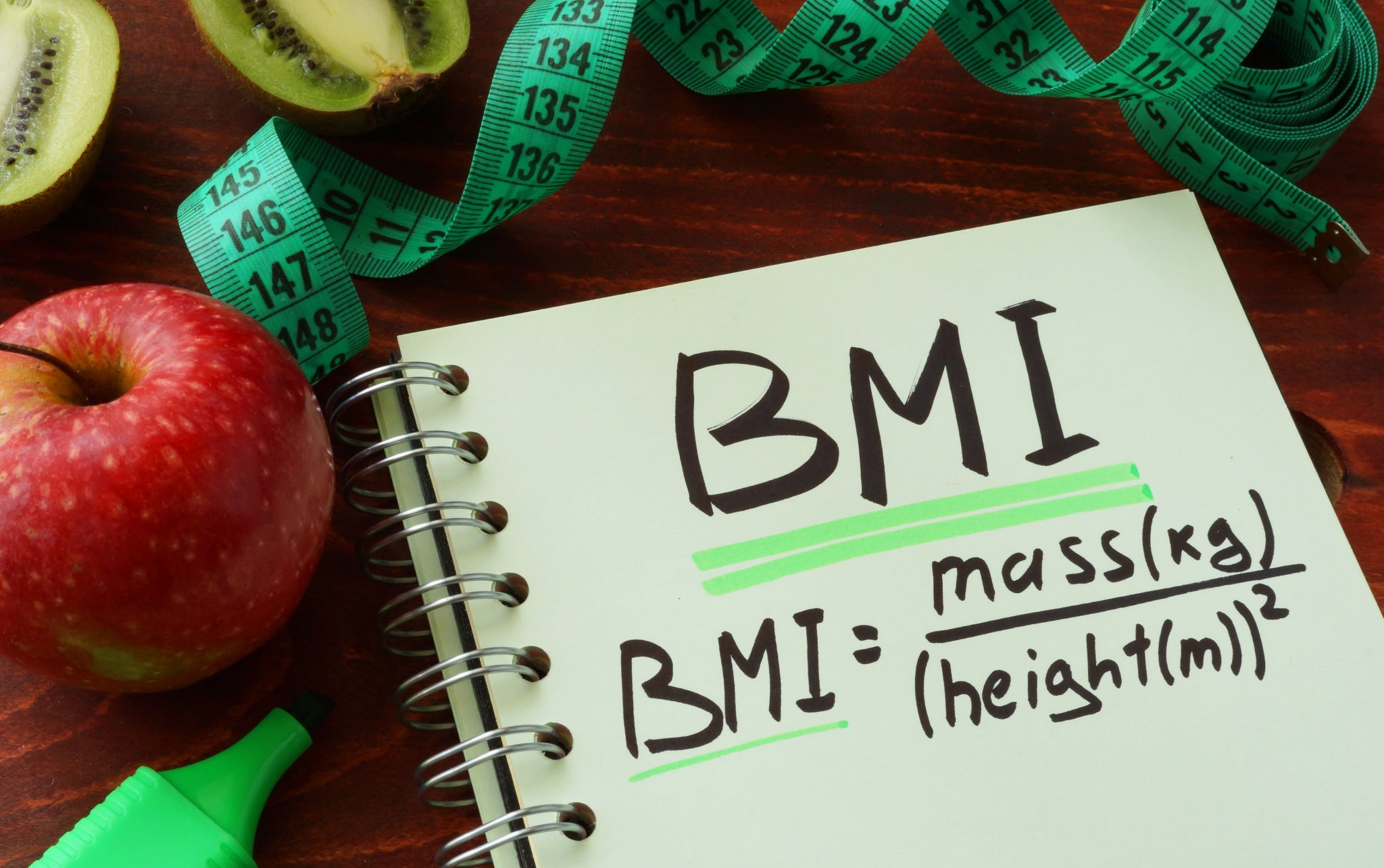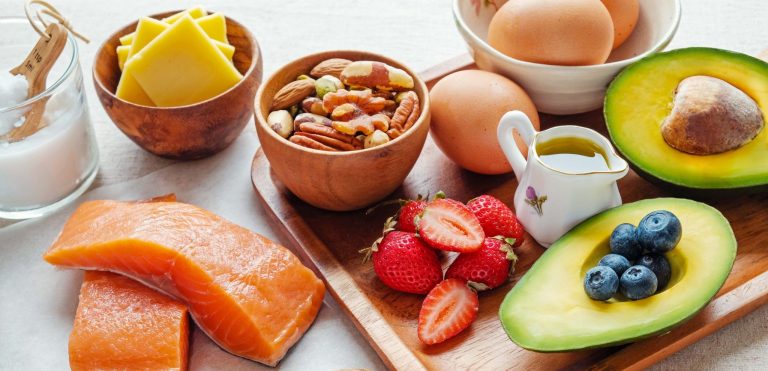Losing weight with a high BMI can seem like a losing battle. It isn’t! We promise. However, that doesn’t mean it isn’t any less of a challenge. The first step you take in your weight loss journey is the most important one. So here is our guide to getting started and keeping going the right way.
What is a high BMI?

Under 18.5? Underweight
This means your mass is not sufficient for your height, and you may need to gain weight.
Between 18.5 and 24.9? Normal
If your BMI falls in this range, you are considered normal. You don’t need to lose or gain weight. But be warned, this is not the go-ahead to eat what you want or do zero exercises.
Between 25 and 29.9? Overweight
A BMI of between 25 and 29.9 indicates that it’s time to take a look at your weight and overall health.
Over 30? Obese
Having a BMI of 30+ puts you at risk of serious health conditions. Time to hit pause and get yourself back on track.
How to calculate my BMI?
To calculate your BMI, you can use this formula:
BMI = weight (lb) / [height (in) x height (in)] x 703
But, if you’re not a maths whizz, then you can use an online calculator to help.
What’s stopping you from losing weight?
If you’ve calculated your BMI and you got a less than desirable result, then right now, you’re probably feeling a number of emotions—fear, anger, hopelessness, anxiety, and more. You’re not alone. Each person has a personal relationship with their weight, for better or for worse. But, one of the biggest questions you’ve probably got right now is why and how did this happen? There are a number of factors that go into weight gain and weight in general.
 Genetics
Genetics
Yep. Your genes layout your body’s basic parameters on weight gain and your metabolic rate. Your metabolic rate is essentially how well your body burns calories. Those with a high metabolic rate burn them faster. Those with a lower metabolic rate burn them slower. But does this mean my weight is set in stone? No. Genes influence but do not define your weight.
Age and metabolic rate
As we get older, our metabolic rate slows down. This can lead to gaining more than we’re used to. By the end of our 20s, our metabolic rate may have slowed by as much as 10%. And it’s the same for every decade after this. Things that can influence or slow down metabolic rate decreases include being active, eating well, and less stress.
Diet
What you eat will affect how much you weigh. Yes, we all know at least one skinny Minnie who can eat as much as she wants and remain slim, but for most, this isn’t a reality. Managing what you eat, how much you eat, and when you eat has a major impact on how much you will weigh.
Exercise
Those with lower metabolic rates often report feeling sluggish and tired. Meanwhile, those with higher metabolic rates may feel energized. The trick is, the more active you are, the more energetic you will feel. It’s simple, but if you get caught in the couch-potato cycle, it can be so difficult to break out of it.
Psychological
The ability to lose weight isn’t just physical. It’s psychological too. Having the right mindset—you CAN do it—means you are better equipped to tackle your weight loss. Conversely, you may experience many blockers, such as the “I can’t do it,” “what does it matter?” and “I’ll just have one more…” that act against weight loss.
Top tips for weight loss when you have a high BMI
So, now that you know the factors that influence your weight, the question is, “What are you gonna do about it?” Weight loss is hard, and to reach your goals, you’ll need support, a plan, and a lot of dedication. These are our top tips to help you reach your goals.
 1.Be realistic
1.Be realistic
Want to fit in those size 2 jeans in a month? Hmm. Most likely, that’s not going to happen (unless you’re super close to your goal already). Instead, change the focus and be realistic. Pick a real target for your weight loss, ideally alongside a doctor, and make that your expectation. By having a realistic target in mind, you are more likely to follow your weight-loss goals and not relapse.
2.Track your changes
How will you know how you’re doing if you don’t know where you’ve been? Even if you’re shy right now or not feeling it. It’s vital you document where you started your journey. Not only will this inspire you to keep going. It sets realistic expectations for you and helps you see how amazing you are.
3.Find out about your activity level
We all love to think we are more active than we actually are. On average, an American today walks just 2,000-4,000steps a day, well below the 10,000 step recommendation. So in finding out your activity level, you’ll know just how active you are and what you can do about it.
4.Workout
Time to get active. As we’ve said before, even if you’re not feeling it right this second, get out there. Not only will exercise boost your mood no, but it’ll also help you stick to your weight loss plan. SO no matter the weather, time to get back out there and work out.
5.Clean up your diet
Food is fuel. That’s why it’s so important that you put the right things in your engine. Fast foods and dried items may be tasty, but they’re not great for your body. Instead, focus your attention on vegetable-packed homecooked meals that are bursting with vitamins. These keep you fuller for longer.
6. Put self-care first
Everybody needs a little me time, but not everyone gets enough of it. And that could be more true than right now. So, before you start losing weight, it’s time to stop and do one thing love yourself! Want to know how? Simple carve time out of the day, just for you, and do one thing you love—a long bath? Coloring? Yoga? This is your time, and it’s sacred.
7.Stay consistent
Many weight loss programs fail because the client couldn’t remain consistent. But unfortunately for you, consistency is the primary key in weight loss. Follow the program, then keep following the program, and once again, follow the program, and you will get results. What’s more? These results are here to stay.
Thanks for reading our article on high BMI weight loss. If you require any more tricks or tips, don’t hesitate to get in touch.


 Genetics
Genetics 1.Be realistic
1.Be realistic
